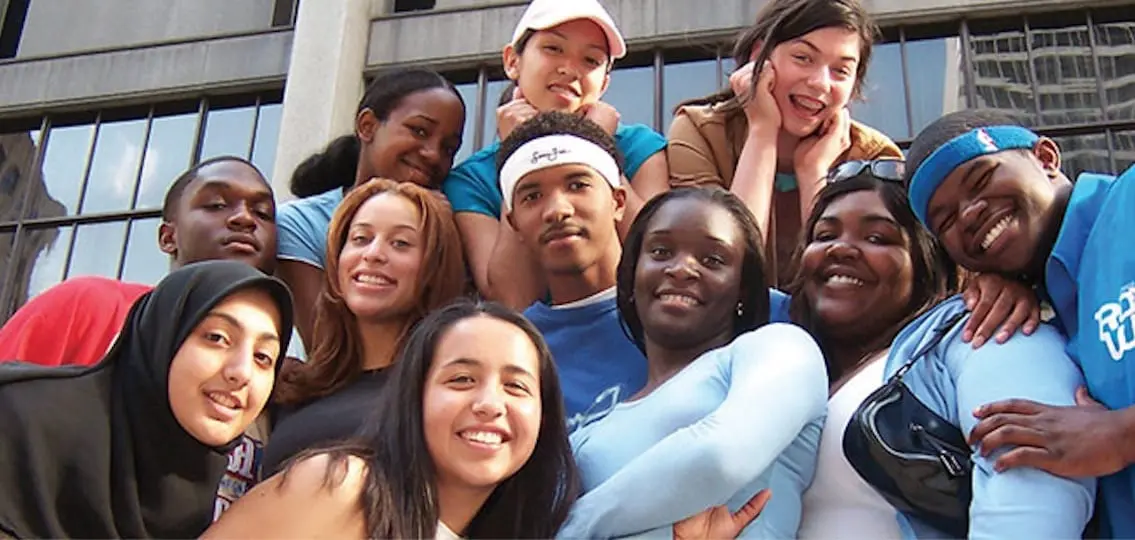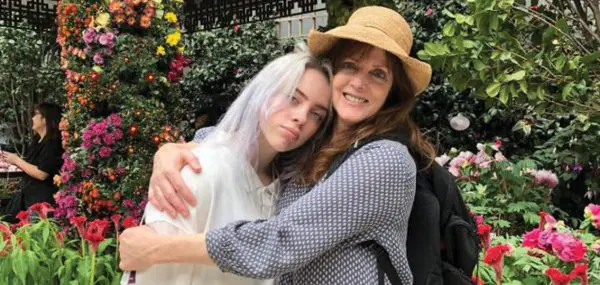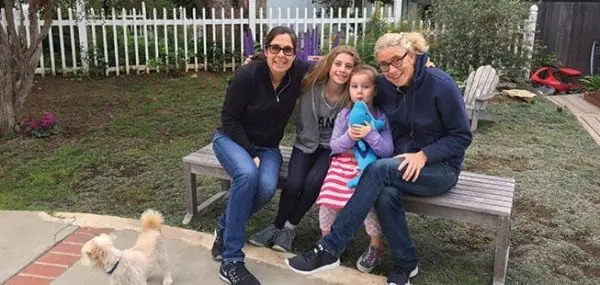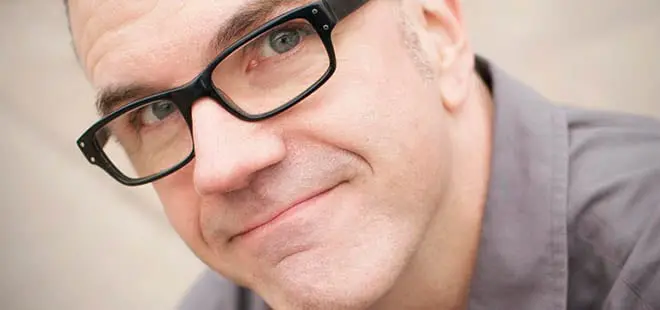As we know, SAT scores and GPAs reveal one piece of information about the student. Those scores don’t capture grit or potential and a host of other factors that determine success in adulthood. Seeing an opportunity, Deborah Bial founded The Posse Foundation, an extraordinarily inventive program to identify overlooked-but-standout kids and get them to elite colleges and beyond in a supportive cohort.
Q: Tell us about the history of Posse.
Bial: In the 1980s I was working at City Kids Foundation in New York, a kind of after-school program. There was a former student who visited after he dropped out of college. When we asked him why, he said that he didn’t have a “posse” with him. I thought that was a smart idea. Why not send kids to college in a group? They would be a posse so they could back each other up.
That is how it started, and Vanderbilt University was the first school to partner with us. They took a chance on a program that had no track record. There was no evidence that this would work.
Q: How has Posse evolved since its early days?
Bial: Today, Posse is a program with social justice at its core. It’s not just a program about supporting at-risk kids so they can graduate from college. It’s about identifying kids who we think can probably become senators, CEOs, entrepreneurs, and college presidents.
Q: What sort of student would be a fit for Posse?
Bial: I’ll give you Shirley as an example. She is a Dominican kid who grew up in Brooklyn. Her dad drove a Yellow Taxi. Mom worked in a factory. Shirley gets into the first Posse—she had terrible SAT scores and would otherwise have never been admitted into Vanderbilt. She goes to Vanderbilt, graduates with honors, gets her doctorate in clinical psychology from Duke University. She became the dean of the college at Middlebury, which is a top ten school, and recently became the president of Ithaca College.
That is what we are looking for. We knew there were these amazing, smart kids out there, and there was no reason they shouldn’t do really well.
Q: How big is Posse now?
Bial: We operate out of 10 cities. We have 56 partner colleges and universities. This year 750 kids will win a Posse Foundation scholarship to one of those schools.
Q: How selective are you?
Bial: 17,000 kids were nominated this year for the 700 spots. We have a pretty elaborate process called the Dynamic Assessment Process. It is a three-month interviewing process.
In a city like New York, we have over 3,000 nominations. An adult has said, “Look at this kid, she is fantastic. She could dominate at Vanderbilt, but won’t show up on the radar because she didn’t have good SAT scores, or whatever other reason.”
We set them up in a large group interview, a hundred students at a time. All are participating—building objects out of Legos, creating a discussion in their peer group, or making a public service or policy announcement in front of everyone.
We are looking for these traits and qualities that we think predict persistence and success. Things that you would look for if you were hiring someone for a leadership position in a company—public speaking, ability to work in a team, problem-solving, leadership—all these things that don’t show up on an SAT score.
Q: Could an introvert come into that room and still rise to the top?
Bial: Maybe, but we definitely miss kids. Every tool misses kids. The SATs miss kids, obviously, and this helps get kids that the SATs miss. We are really looking for kids who can be motivated to become superstars. Not just succeed. Become superstars. So out of this first round, we only bring back half of them.
Q: Is that devastating?
Bial: I think it’s the opposite of devastating. It’s not like a job interview where you get rejected. They are with a hundred of their peers and are thrilled to be nominated, and it’s really fun. They leave taking all this information about all these colleges. It’s educational and inspirational. It builds self-esteem and lets them know they can do this. They leave with the opposite feeling of rejection. They know thousands of kids didn’t get called back, so it’s okay. And they can write on their college applications that they were a finalist.
Q: So most of these kids who don’t make it are still college-bound?
Bial: Yes, we are definitely focused on college-bound kids. It’s a misconception that Posse is just for poor, at-risk, minority kids. We want diversity but diversity is not a synonym for minority or poor. And there are a lot of programs in the United States that define themselves based on a deficit, whatever that is. We are the opposite. We are a strength-based program that is looking for kids who are smart, talented, creative, and have potential to become leaders.




